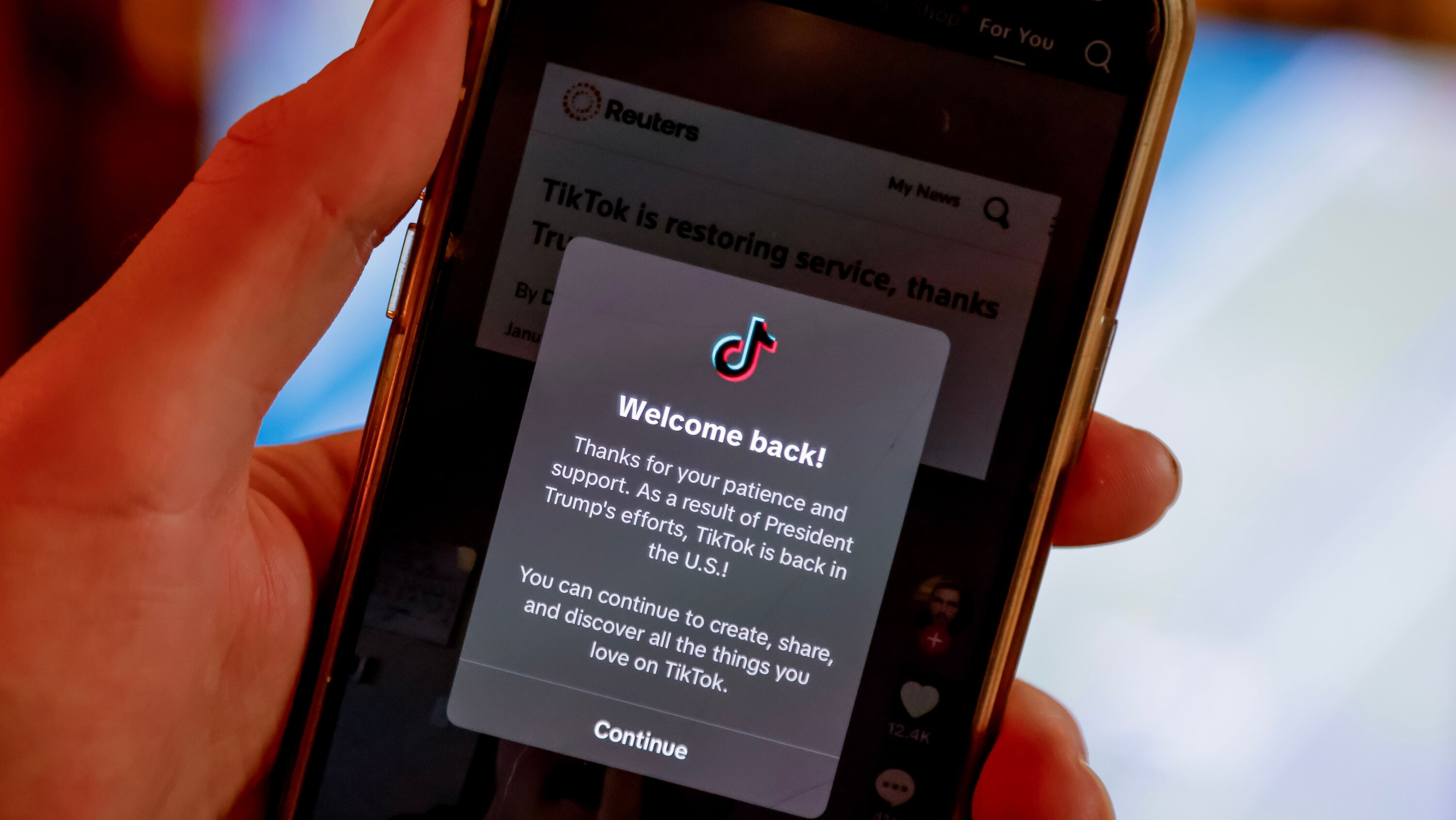Digital Crossroads: How TikTok's Uncertain Future Sparked a Silicon Valley Showdown

The recent federal legislation targeting TikTok has exposed a stark divide in the tech industry, highlighting the complex landscape of corporate compliance and digital strategy. While some tech companies are prepared to challenge the law head-on, industry giants like Apple and Google are taking a more cautious approach, choosing to adhere strictly to the proposed regulations.
This emerging schism reveals the nuanced ways different tech companies navigate regulatory challenges. Some firms are willing to push boundaries and potentially risk legal consequences, seeing the TikTok ban as an opportunity to make a bold statement about digital freedom and corporate autonomy. In contrast, Apple and Google are demonstrating a more conservative stance, prioritizing compliance and potential long-term stability over immediate confrontation.
The divergence in responses underscores the increasingly complex relationship between technology companies, government regulations, and global digital platforms. As the TikTok ban continues to unfold, the tech industry finds itself at a critical juncture, with each company making strategic decisions that could significantly impact their future operations and reputation.

